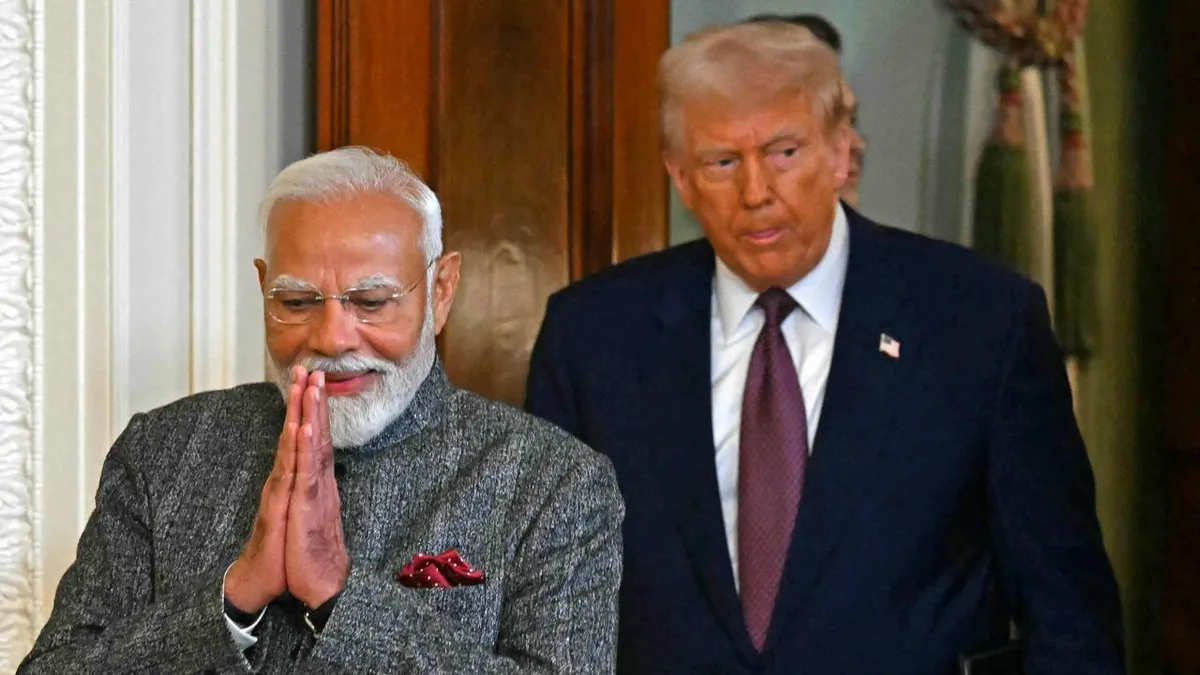
Recent developments within the Russian BRICS alliance have raised eyebrows, particularly concerning India's response to looming US sanctions. As a vital member of this alliance, India seems to have succumbed to the pressure exerted by the United States, indicating a significant pivot in its economic ties with Russia. This shift is seen as detrimental to the vision touted by Russia of an alliance poised to reshape global politics and economics.
In a dramatic turn of events, the US has imposed a 25% tariff on Indian goods, compelling India to reconsider its ongoing purchases of Russian oil and military equipment. US President Donald Trump has warned that these tariffs could escalate to an alarming 100% hike if India continues its current practices. This economic coercion has forced India to reassess its strategic economic planning, given that the United States is its largest trade partner, accounting for approximately 18% of India's exports and a bilateral trade totaling $186 billion in 2024 and 2025.
The US's stringent measures have profoundly affected India's strategic objectives, especially with a $41 billion trade surplus at stake. The potential tariffs threaten to erode India's economic margins significantly. In light of this, Indian state refineries have made a swift decision to halt all purchases of Russian crude oil. Prior to this ultimatum, India was importing around 87.4 million tons of Russian oil annually, constituting about 35% of its total crude imports, valued at approximately $50.2 billion.
In response to the economic threat, Indian companies such as Indian Oil and Bharat Petroleum have rapidly shifted their focus to alternative markets. They are now prioritizing immediate deliveries from the Middle East and West Africa to replace Russian crude oil. This abrupt change poses a significant challenge for Russia, which had come to rely on India as its largest oil importer, especially after Europe's embargo on Russian energy.
As India withdraws from major oil deals with Russia, Moscow faces an impending economic crisis. The need to find alternative markets is urgent, or else Russia will be forced to sell its surplus stockpiles at steep discounts, exacerbating an already severe budget deficit projected to exceed $100 billion by year-end. This situation further complicates Russia's already strained wartime economy and raises questions about the future of the BRICS alliance.
Interestingly, India's announcement came just hours after former Russian President Dmitry Medvedev publicly mocked Trump's threats, dismissing concerns over US tariffs. Trump's earlier comments about Russia and India being "dead economies" highlight a stark reality: the ambitious claims of a BRICS-led order are increasingly at odds with the prevailing geopolitical landscape. India's quick capitulation underlines the influence of US economic power, suggesting that the alliance may not be as formidable as previously believed.